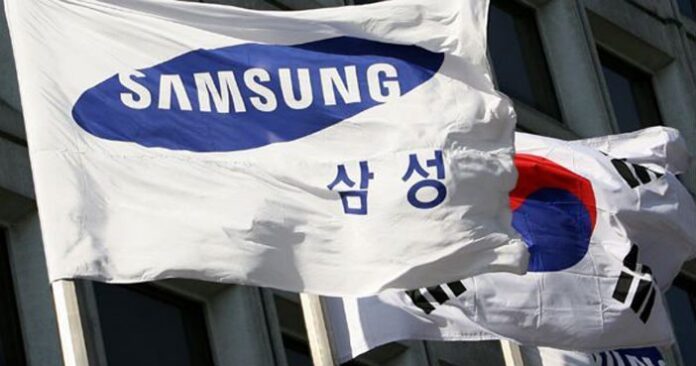Samsung Electronics has already provided a total of 53,000 5G radio base stations to Korea’s three mobile operators, the Asian vendor said in a statement.
Samsung Electronics said that 5G service is now commercially available to consumers and enterprises from all three mobile carriers in 85 cities across Korea.
Korean operators SK Telecom, KT Corp. and LG Uplus have been transmitting 5G signals in Seoul and metropolitan areas since December 2018 using 5G base station radios and 5G core solutions from Samsung’s Networks Business unit.
The company also said that it had provided 5G core solutions to the three carriers.
“Korea is one of the first markets in the world in which the 5G experience is opening up for consumers, and we’re thrilled to play a key role in the nationwide rollout of 5G,” said Paul Kyungwhoon Cheun, EVP and head of the networks business at Samsung Electronics.
Korean operators rolled out their commercial 5G networks using Samsung’s 5G Massive-MIMO Unit (MMU) radio base station in 3.5 GHz spectrum. The virtualized 5G core solutions, provided to all three Korean operators for their 5G commercial launch, support both legacy 4G networks and next generation 5G services in Non-Standalone (NSA) mode. They can also migrate to Standalone (SA) mode through a simple software upgrade in the future, the vendor said.
Samsung also said that its solution implements many of the key technologies of 5G networks, such as Control and User Plane Separation (CUPS), which are essential for network operators to scale their networks and support the new services enabled by 5G technology.
Last week, SK Telecom officially launched commercial 5G services across the country. The telco said that nationwide coverage is being offered through a total of 34,000 5G base stations in 85 cities.
The company has rolled out its 5G network in data traffic-concentrated areas, including university districts, sports stadiums, highways, subway lines (Seoul and Seoul Metropolitan Area) and beaches.
In the second half of 2019, SK Telecom aims to expand its 5G network coverage to nationwide subways, national parks and festival sites.The operator expects to attract approximately 1 million 5G customers by the end of this year. It has a total of 27 million users.
Rival operator KT recently confirmed it has already deployed 15,000 5G base stations in Seoul and will install a total of 30,000 5G base stations across the country by April 5.
The carrier said that its 5G commercial offering will be available in 85 major cities nationwide by the end of 2019.
Meanwhile, LG Uplus said it has already deployed a total of 18,000 5G base stations in Seoul and surrounding areas as well as some metropolitan cities. The carrier announced plans to install 50,000 base stations within the first half of the year.
South Korea completed a tender process through which it awarded spectrum in both the 3.5 GHz and 28 GHz bands. The government made available a total of 280 megahertz in the 3.5 GHz spectrum band and 2,400 megahertz in the 28 GHz band. The spectrum was divided into 28 blocks and 24 blocks.

